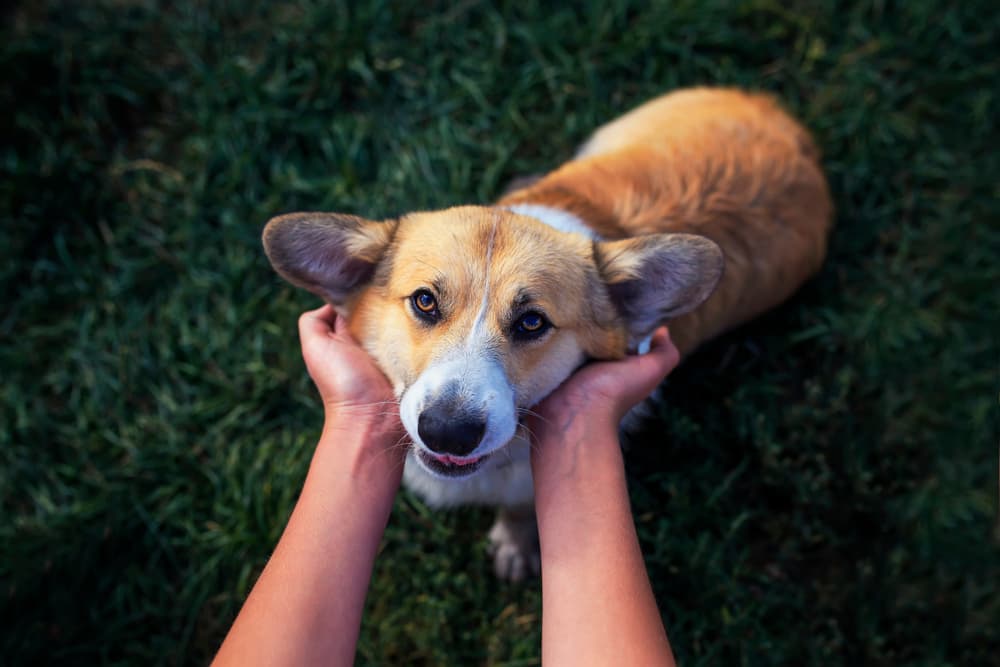Bordetella Vaccine for Dogs and Cats
Published on July 20, 2011
Skip To
If your pet is a regular at day care, grooming facilities or the dog park, those shots every 6 to 12 months to prevent canine infectious tracheobronchitis (aka kennel cough) may be inconvenient, but the vaccine against Bordetella is important in order to protect your pet from the hacking cough and snotty nose brought on by the easily contracted bacteria that causes the highly contagious disease in both dogs and cats.
Overview
Bordetella bronchiseptica is a bacterium commonly associated with respiratory disease in dogs. It can also infect cats, rabbits and, in rare cases, humans. It is one of the more common bacterial causes of canine infectious tracheobronchitis, which is also sometimes called kennel cough. Bordetella bronchiseptica is one of several viral and bacterial agents responsible for kennel cough syndrome. Bordetella is highly contagious, easily transmitted through the air or direct contact, and resistant to destruction in the environment.In healthy adult dogs, Bordetella typically causes no more than a mild illness. In puppies or dogs with underlying health issues, however, it can cause severe illness or even death. The same can be said for cats who suffer this infection.
A safe and effective vaccine for the upper-respiratory infection is available for dogs and cats.
Vaccine Characteristics
The vaccine is considered a noncore vaccine for both dogs and cats. In other words, it’s not for all dogs and cats. Rather, it’s best reserved for those likely to come in contact with this bacterial organism (i.e., cats and dogs in kennel, commercial or social situations or who come in close contact with other animals).Delivery
The vaccine for dogs is administered by injection under the skin (subcutaneous injection) or intranasally (nose drops). The feline vaccine is available only in the intranasal formulation.Recommended Schedule
Though your veterinarian is always the best guide for making vaccination decisions, the American Animal Hospital Association and American Association of Feline Practitioners vaccination guidelines recommend the following schedule:- Puppies can be vaccinated using the intranasal vaccine as early as 3 weeks of age (depending on the product label); a second dose should be given two to four weeks later. Kittens can be vaccinated intranasally as early as 8 weeks of age.
- Puppies can receive the injectable vaccine starting at 6 to 8 weeks of age, followed by a booster between 10 and 12 weeks of age.
- For adult dogs or puppies older than 16 weeks, the intranasal vaccine can be given once, and the injectable vaccine should be given twice, two to four weeks apart.
- Adult cats and kittens older than 16 weeks of age can receive a single intranasal vaccine. Annual boosters are recommended for cats with known risk of exposure.
- Dogs should receive boosters every 6 to 12 months, depending on exposure risk.
Contraindications/Precautions
Administering a vaccine is a medical procedure, and there are times when a vaccine may not be recommended. For example, your veterinarian may advise against vaccinating an animal that is currently sick, pregnant or may not have adequate immune system functioning to respond to a vaccination. For pets with a previous history of vaccine reactions, the potential risk of a future vaccine reaction should be weighed against the potential benefits of vaccination. These and other issues are evaluated when deciding what is best for your pet.Alternatives
No alternatives to this vaccine are currently offered in most veterinary settings.References
American Association Feline Practitioners Vaccine GuidelinesAAHA Vaccine Guidelines
This article has been reviewed by a Veterinarian.


